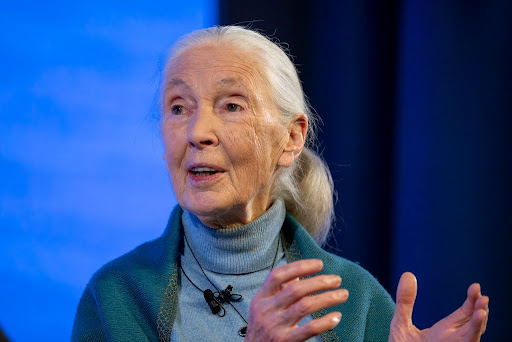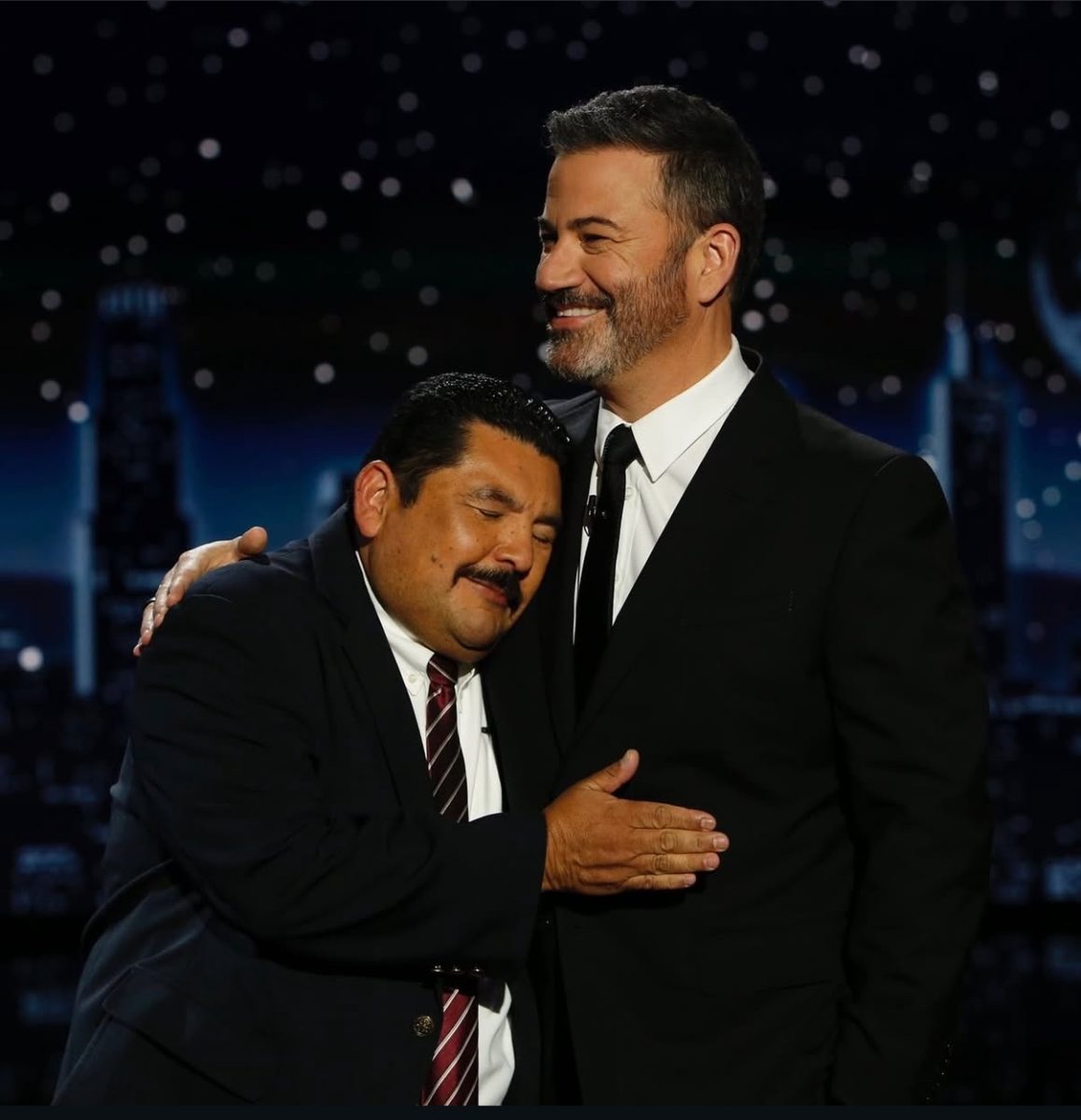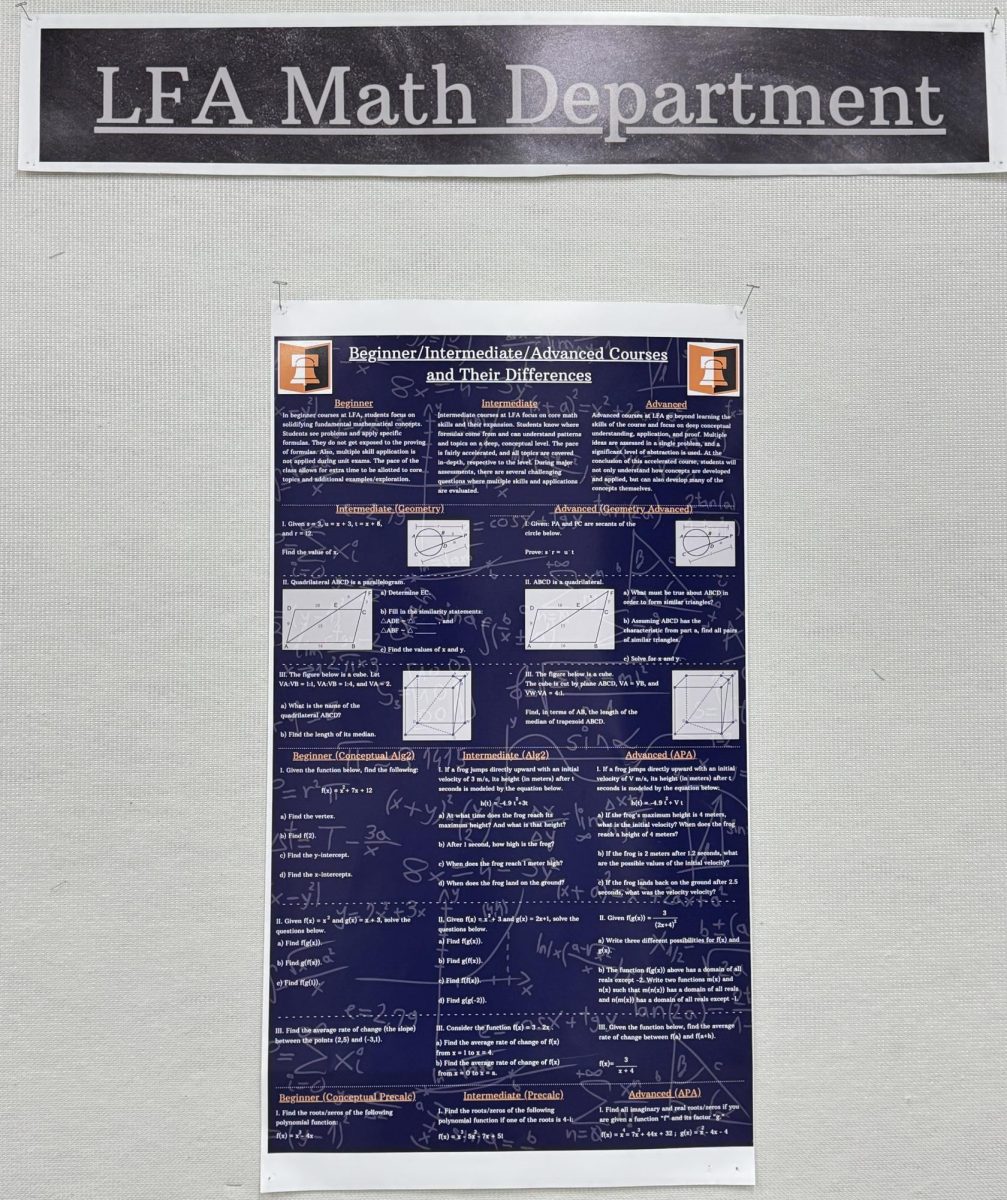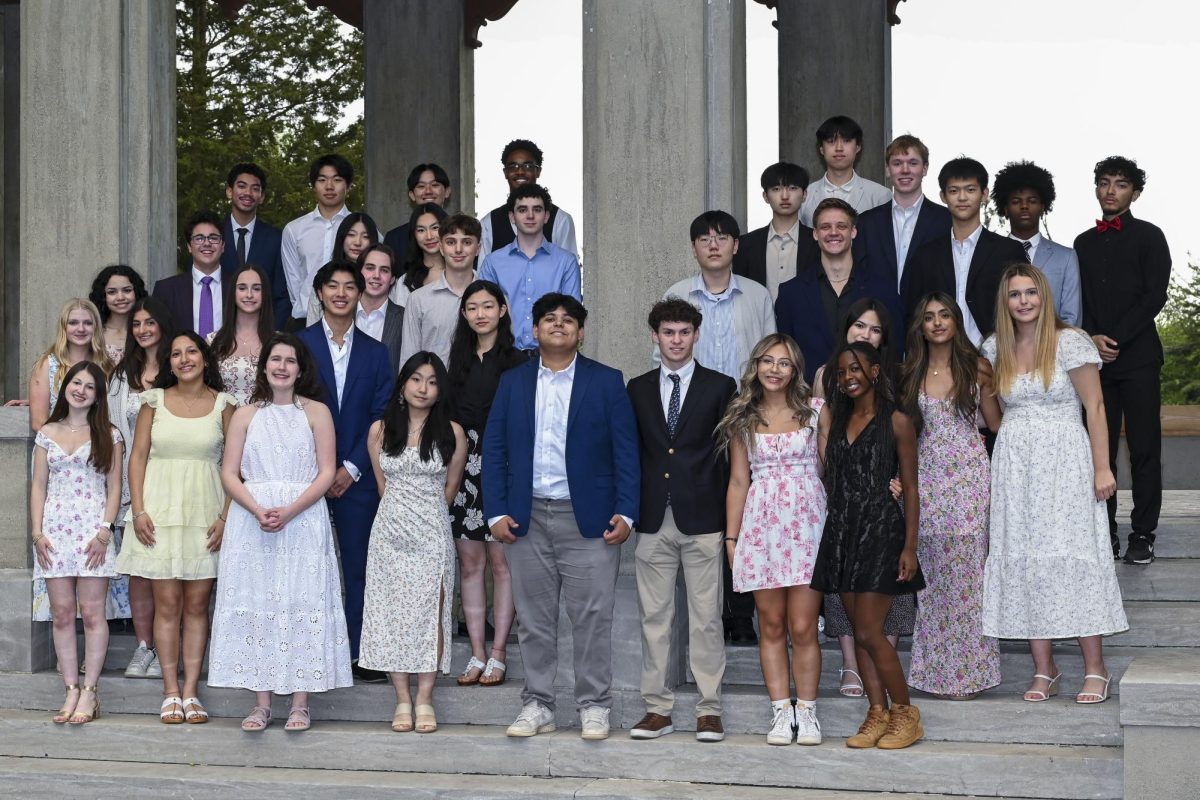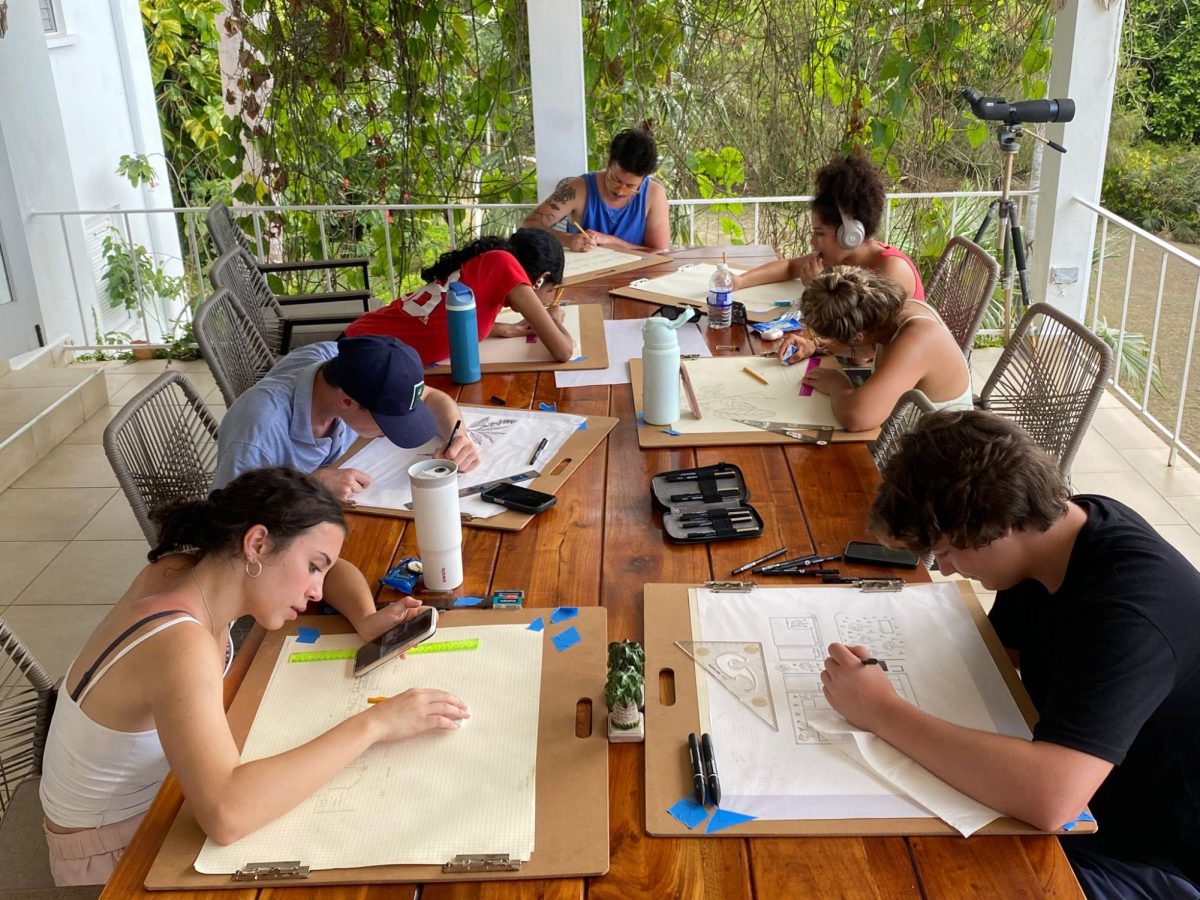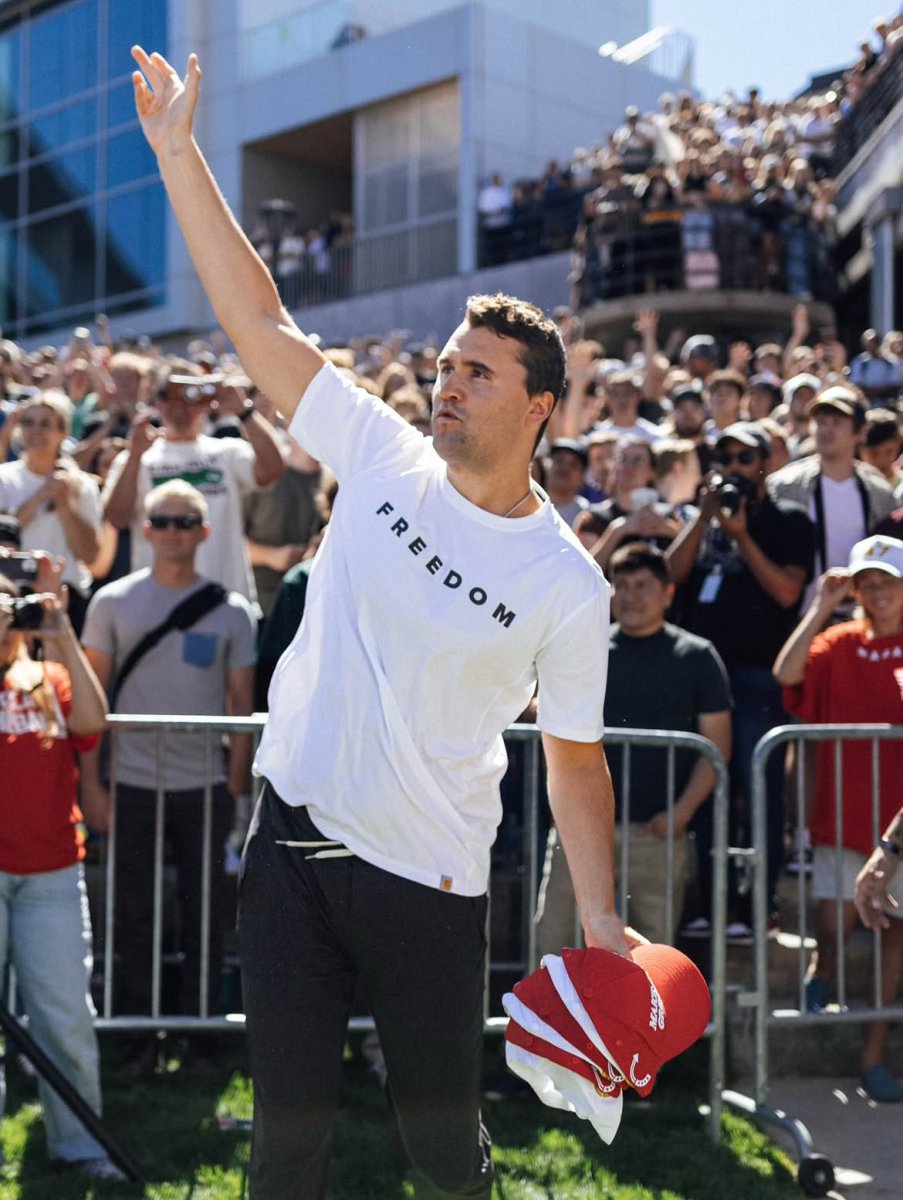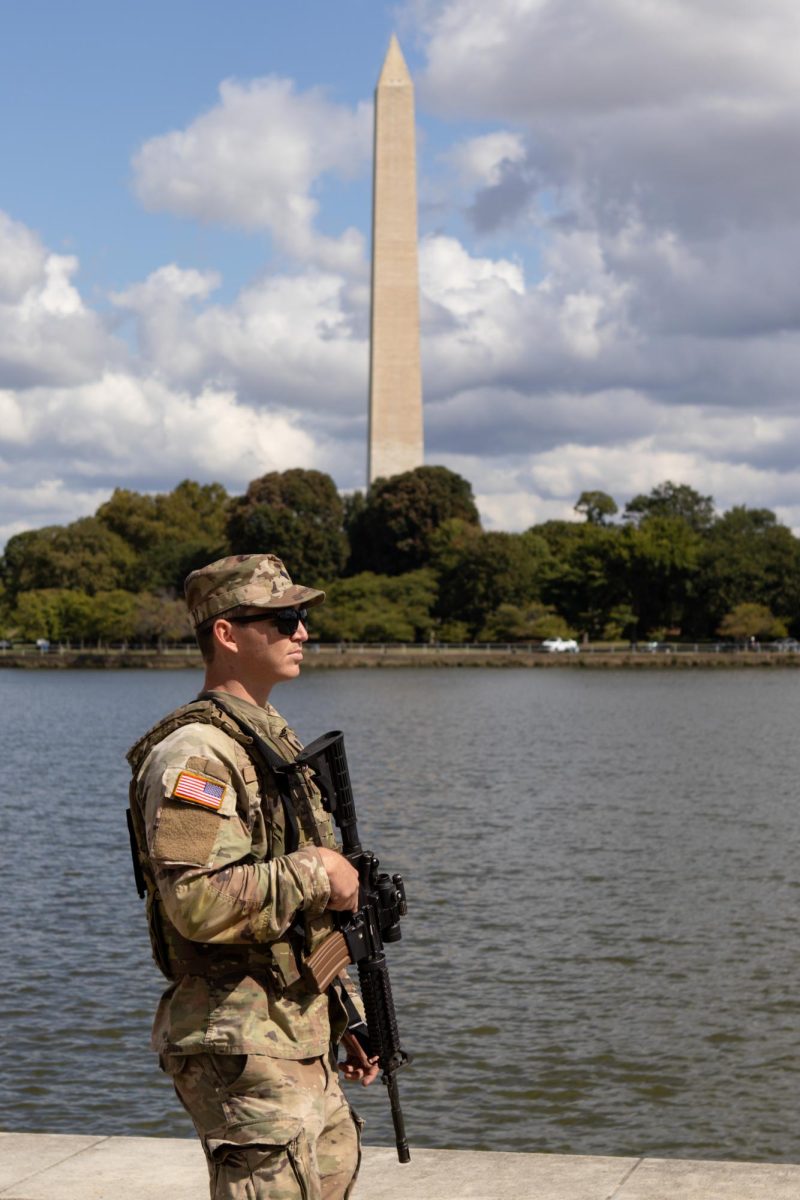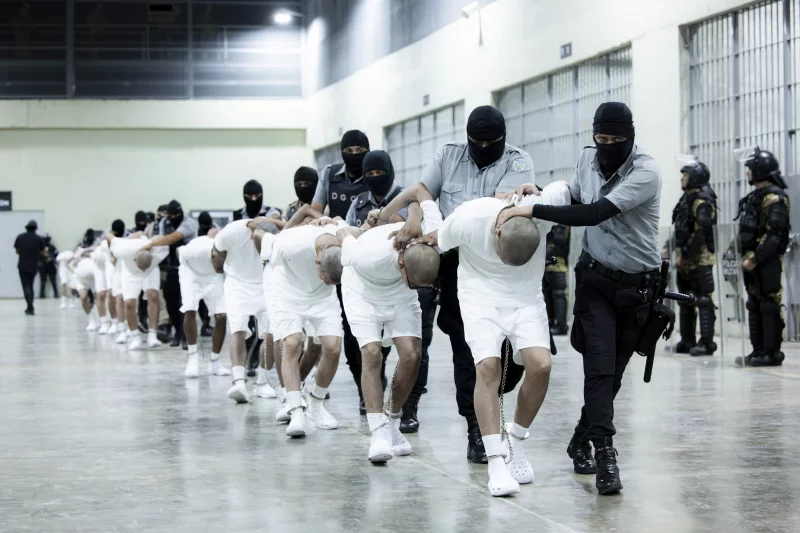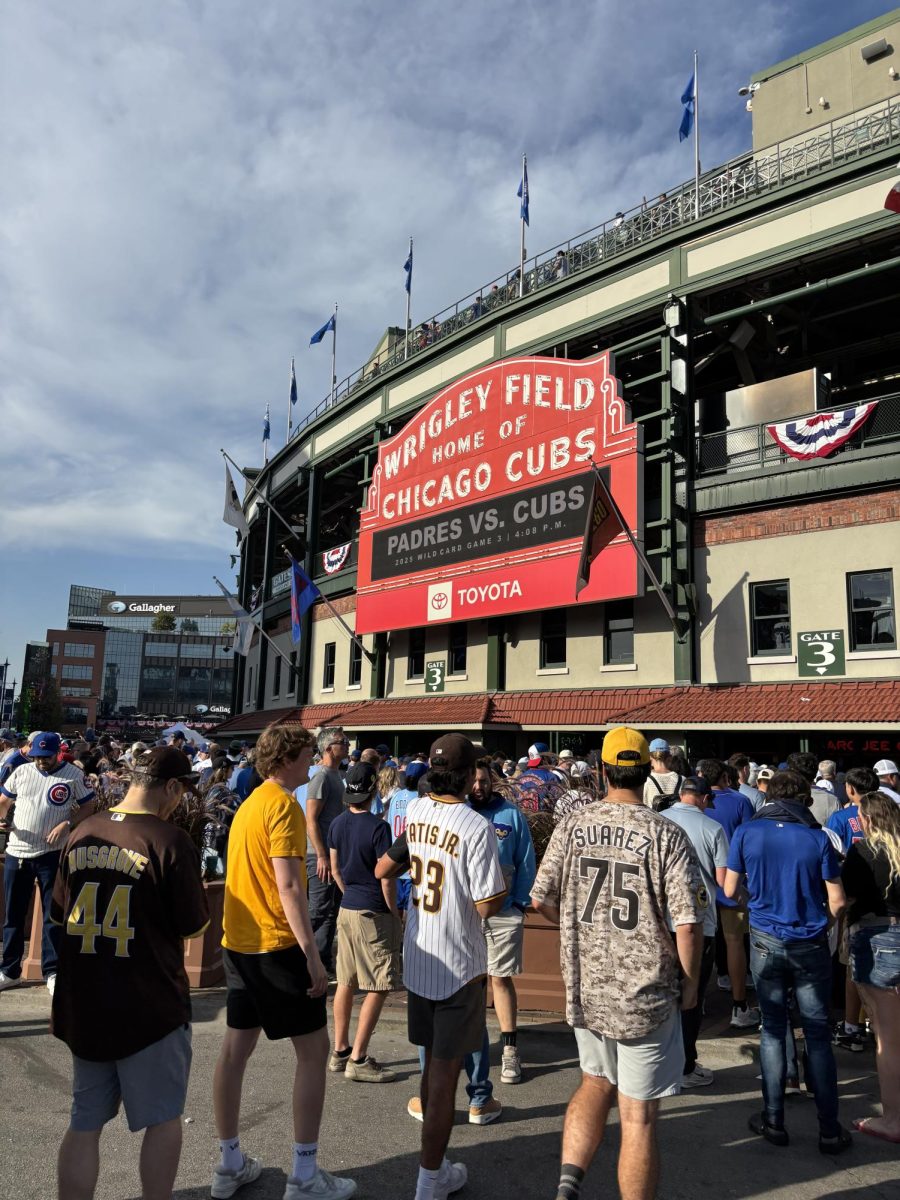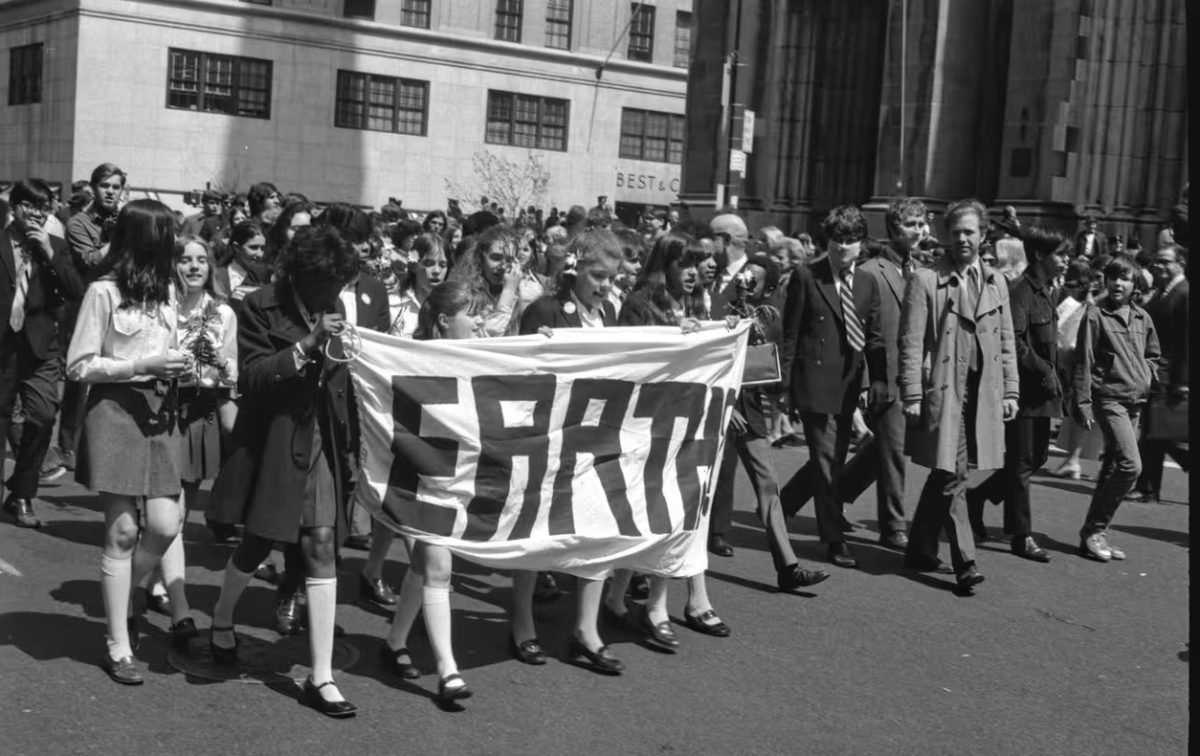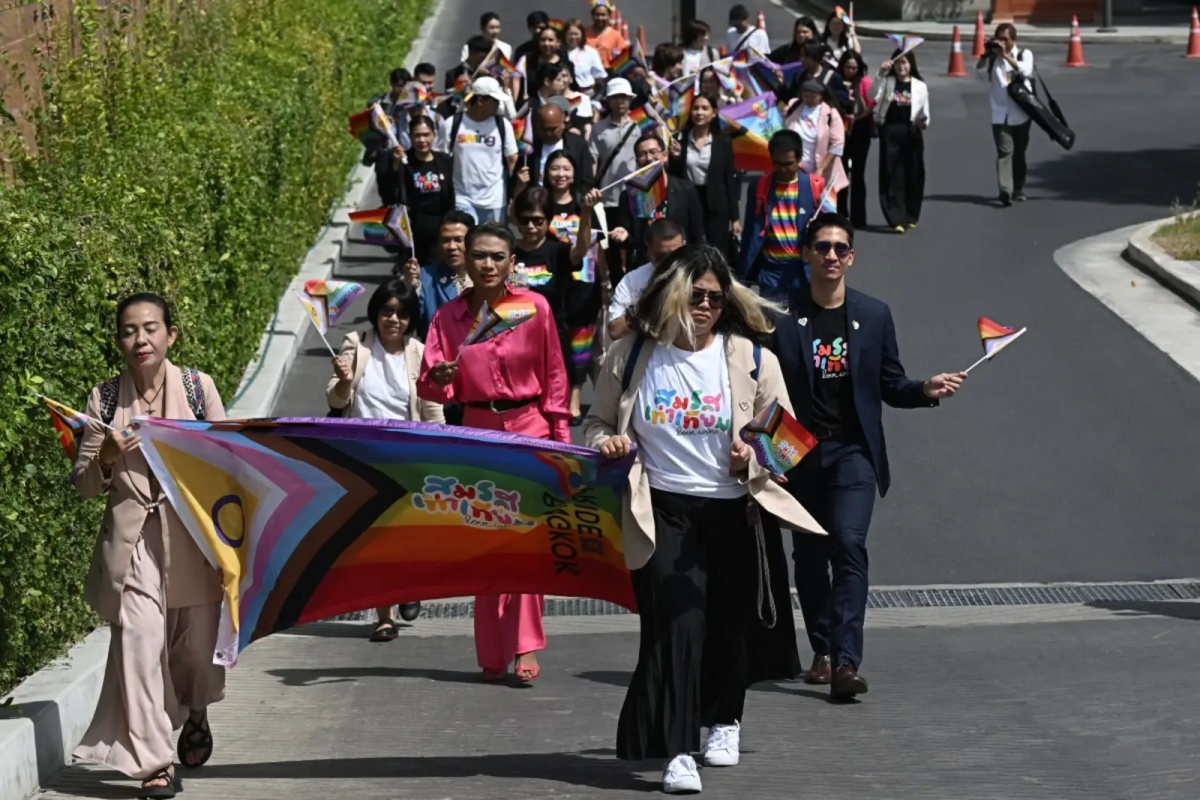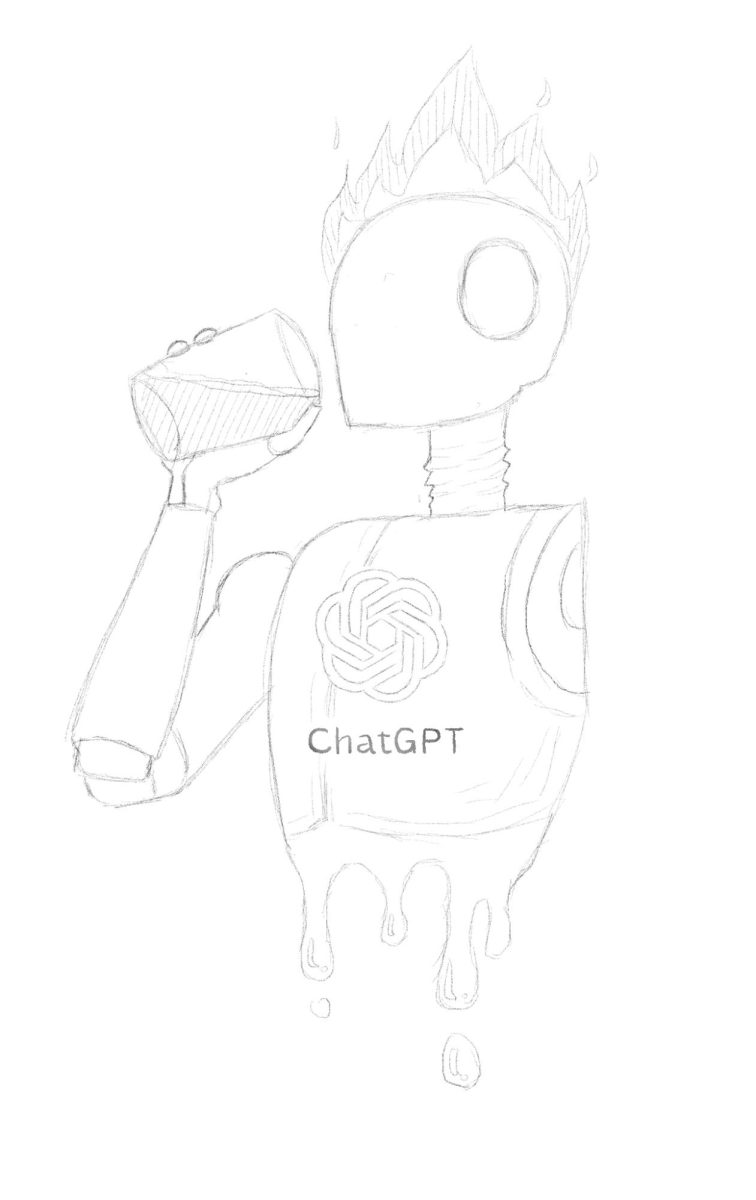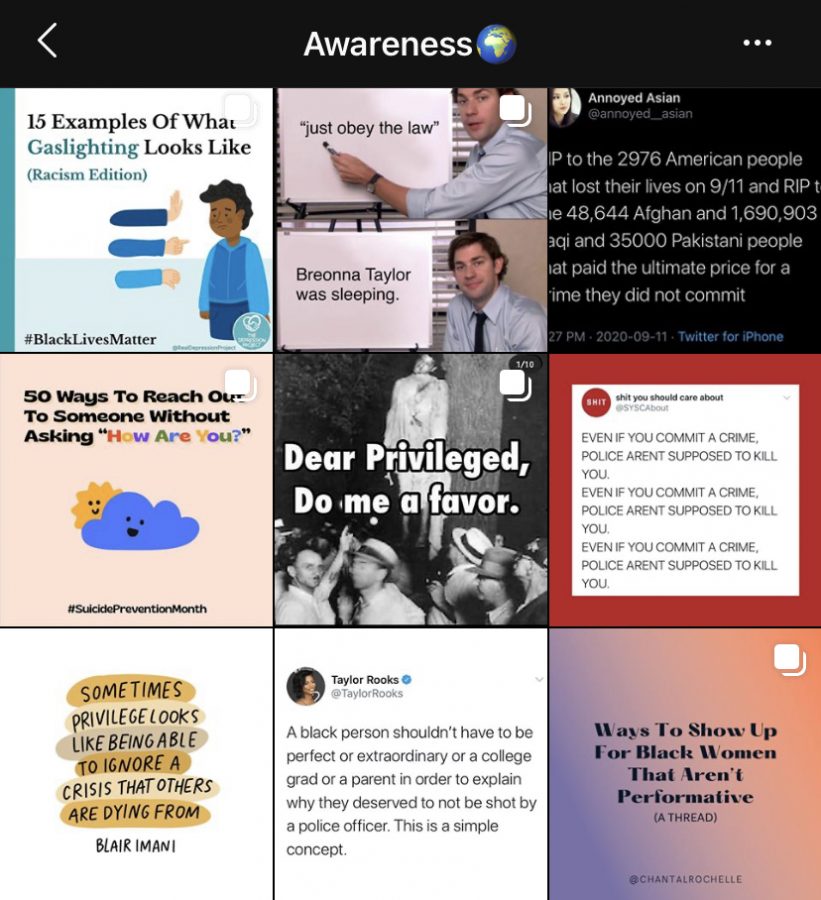Global Desensitization: The Dangers of Activism Overload
Photo by Ramya Herman
Instagram is one of many social media platforms providing constant awareness.
October 1, 2020
Sensory overload has allowed us to lull ourselves into a state of activist complacency, as paradoxical as it seems. The world has become desensitized to the cries of the suffering by simultaneously placing them in front of the same megaphone– the famine ridden stomachs of those in Yemen attempt to harmonize with the stolen uteruses of immigrant women.
While social media has presented individuals with the opportunity to raise awareness in some of the most effective and globally reaching ways ever, it has also presented people with the burden of both baring this knowledge and not being able to empathize properly due to becoming overwhelmed with information.
For those experiencing the information on a more personal level, either being part of the affected community or having family members who are, everyone’s sudden obligation to share brutality and suffering has presented these groups with an opportunity for advocacy and assistance, but also a lot of trauma is continuously stacking up on itself, piling into a formidable added adversity in the mental space of a lot of marginalized groups. That brings up the question: “Where is the line between advocacy and abusing access to traumatic information?”
While one’s ability to participate in change is dependent on their circumstances, resources, and a number of other factors, it is important to make the distinction between raising awareness and indulging in the over-sharing of hurtful experiences that are intimate to a specific group or community.
Some ways to avoid the latter is to, when spreading awareness, add a trigger warning to detrimental content and not only posting the content but ways to help and resources or organizations to get in touch with as well. This way the incident is being acknowledged without glorification and creating a direct pathway from knowledge of a situation to active assistance of it. By doing this the excessive displaying of distress is lessened for those who heed the warnings and allows for more access to effective methods of inciting change.
The world has become more conscious of issues that aren’t just local, but regional and people are beginning to advocate for people in other countries and continents. With the constant stream of news that people can receive through the internet, I’m sure the effects of constant activism have been seen this summer especially when referring to activism exhaustion. When you fight for several causes frequently and you feel the need to keep up that much effort the energy you used to put towards activism has lessened.
This often leads to feelings of disappointment and a compulsion to keep up the same level of activism because it’s hard to take a mental break when there are so many issues that constantly need attention and support.
There’s also the issue of constant research and concern over whether or not something is actually helping the cause. When there are so many links and causes to donate to, it gets hard to differentiate which ones will actually help the cause.
There are many people who often take advantage of teribile situations to make profit. The most important thing is to read all information very carefully and try to see if the information is true with a quick google search or even a look on social media.will give insight into what to support..
The most important thing is to make sure that whatever you’re doing actually helps either spread awareness with factual information or directly supports the cause you’re fighting for.
This can also lead to activism exhaustion because constantly worrying over whether or not accusations are true or not especially when it’s an issue that doesn’t affect you personally is hard on a person emotionally. It’s important to know your limit and when you need to take a break.

